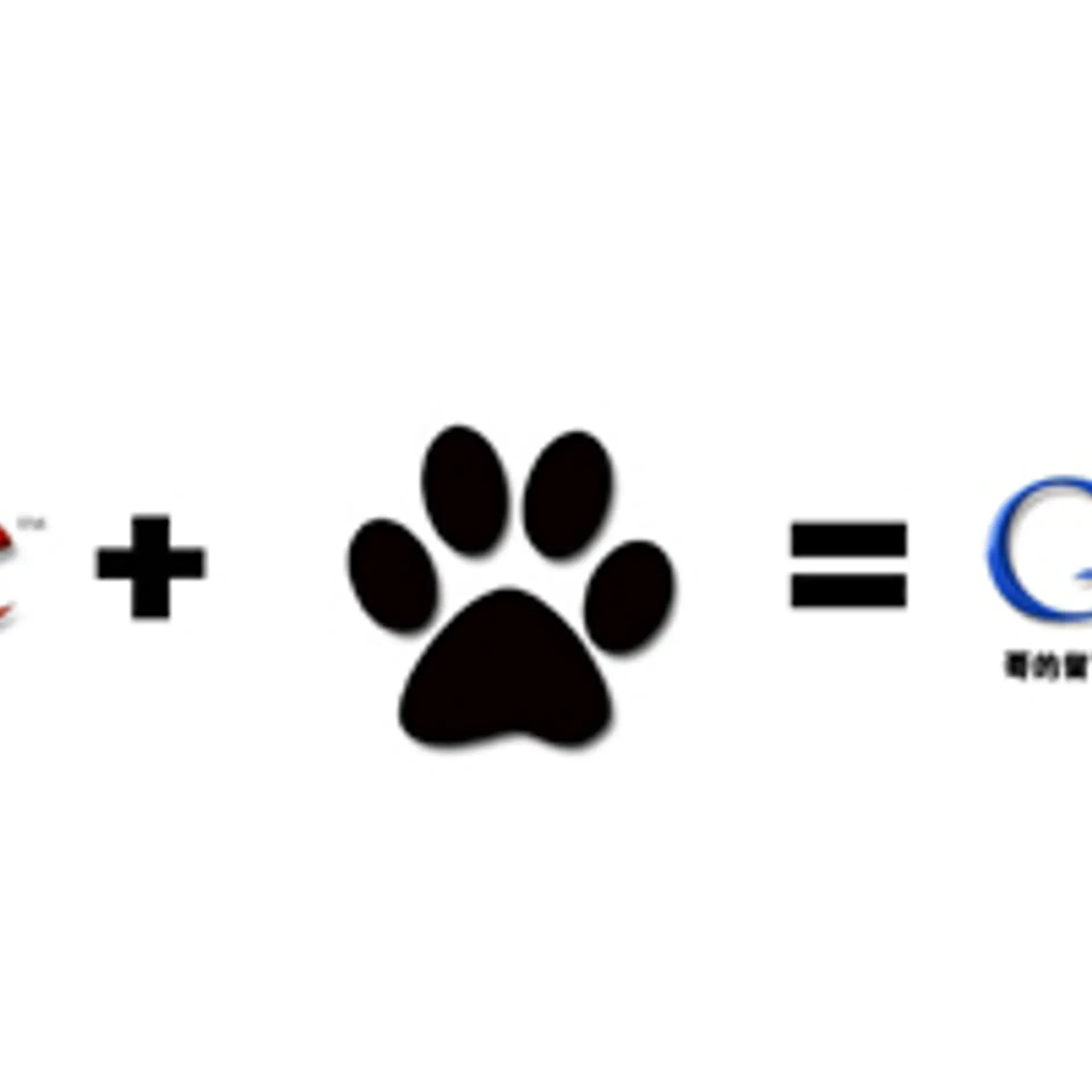

Foldable smartphones and the future of gaming device
Are Foldable smartphones the future gaming device?
It’s early days in 2019 and the market is also buzzing with foldable folding smartphones. The early iterations are far from being perfect but they do highlight one thing - the future of gaming lies in the adoption of mobile devices. Look at what Matthew Brennan, Co-founder of China Channel, has to say about this.
The Gaming industry is consolidating and mobile gaming is reaching its peak. Talking in terms of revenue, mobile gaming has already overtaken PC gaming between 2014 and 2015 and has not looked back ever since.
The revenues in 2014 were $25 billion which jumped about 85% to $46.2 billion in 2017. We’re at the cusp of the 5G revolution and the gaming industry is expected to breach the $120 billion. This sort of exponential growth is unprecedented which spurs a huge market for foldable smartphones.
Mobile gaming apps had a stupendous 2017 with them accounting for more than 80% of app revenues across platforms including Apple’s iOS and Google Play Stores. Foldable smartphones can be an easier way to lure the youth into buying them.
Leading smartphone manufacturers are trying to be front-runners
The Asian giants like Samsung and Huawei are trying to be at the forefront of foldable smartphones. The new models in Galaxy Fold and Mate X point more to the future of gaming than they do to the future of smartphones. Several analysts of top investment research firms tout foldable as some new fad which will wear out with time but it seems like they’re entirely ruling out the potential benefits of folding phones on mobile gaming.
While its eastern counterparts are posing foldable phones as the next big evolution in a smartphone design, Apple doesn’t want to be left behind. According to Patently Apple, Apple seems to be ready to join the folding phone revolution.
Just like it builds all of its products with elegance, the latest patent application is focused exclusively on an internal heating system for the hinge of the folding device. While it might not be clear how the device will look like, but the early contour point to the efforts of the Cupertino based giant trying to prevent cold foldable displays from cracking by introducing the heating system.
However, that being said, it is not quite clear to determine the tangible offerings of a larger screen to immersive experiences. Folding smartphones are annoying, more like a gimmick that will require multiple iterations and time to get right. It might even leave the users confused. Do you call it a small Android tablet which is smaller than an iPad mini? The current User Interface is clumsy and would require a lot more polishing over the years.
Therefore, the final verdict on the future of foldable smartphones will depend on how well mobile gaming flourishes on their platform. Foldable phones will be a lot of trouble - from the clunkiness to such a high premium price point, but unless they appeal to the mobile gaming enthusiasts they won’t be worth the trouble.
Mobile Gaming - the future of Appconomics?
Mobile gaming will reach 60% of the gaming market share in 2019 according to estimates released by App Annie. Millennial are spending over $101 billion worldwide. 2018 alone saw more than 194 billion downloads of all apps (including non-gaming apps). Moreover, services seems to be the trend for technology companies.
Last month, during the Q1 earnings, Tim Cook highlighted the importance of Services industry and with around 2 billion iOS devices worldwide, it’s sensical for them to venture into different types of services. Gaming heads the list simply because of the amount of time and money millennial are willing to spend on games.
Moreover, gaming might usher faster adoption of all the trending technologies like Augmented and Virtual Reality. Gaming is also fueling the growth of new industries such as E-sports and Gaming leagues, Blockchain gaming ecosystems and Fortnite type battle royal Massively Multiplayer Online games.
It is imperative to recognize the potential of foldable smartphones but their entire future is tied to their success with mobile gaming apps development and their communities.







